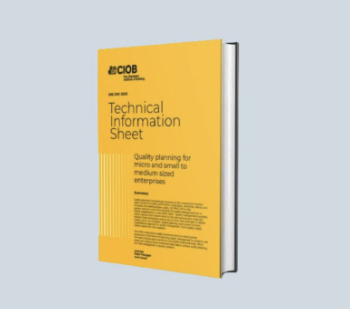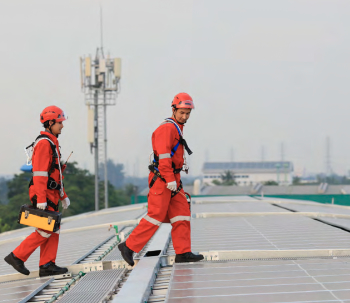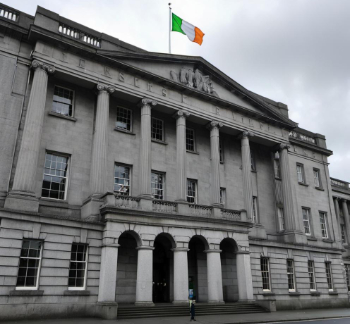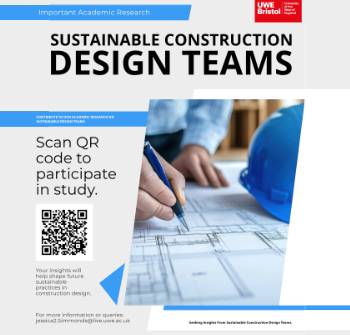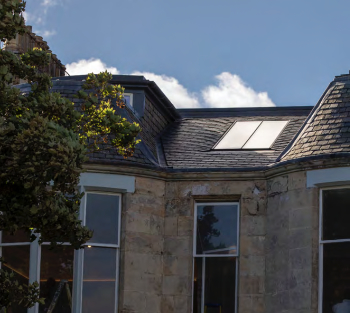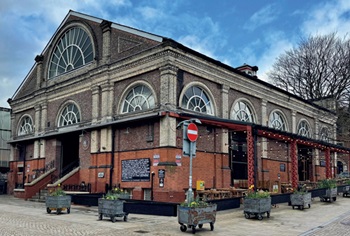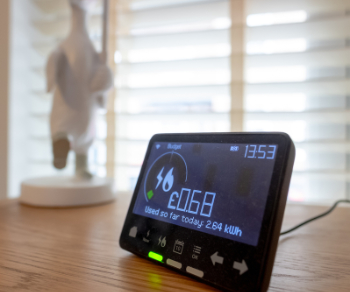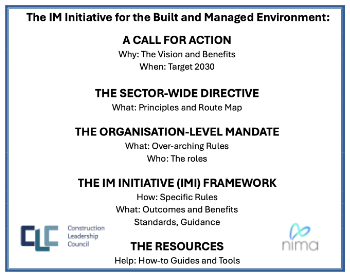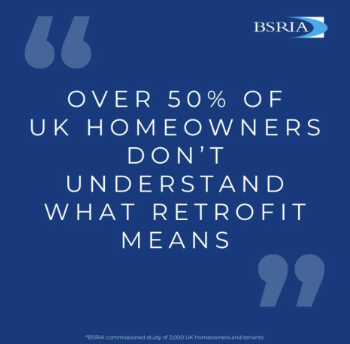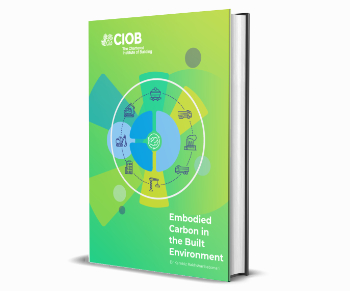Building systems
The Uniclass classifications, state that: “Systems are typically single-trade built objects made up of several products, collectively serving a common purpose, such as the load-bearing blockwork inner skin of an external wall Element. In ISO 12006-2, they roughly equate to the concept of ‘designed elements’.” NB ISO 12006-2 is the international standard: Building construction -- Organization of information about construction works -- Part 2: Framework for classification.
Uniclass 2015 suggests that: “Systems are the collection of components that go together to make an element or to carry out a function. For a pitched roof, the rafters, lining, tiles, ceiling boards, insulation and ceiling finish comprise a system, or a low temperature hot water heating system is formed from a boiler, pipework, tank, radiators, etc. A signal system for a railway has a number of components and products; and the scum removal system is part of a wastewater treatment entity.”
The RIBA Plan of Work 2020 defines building systems as: ‘The constituent parts of a building, including, but not limited to, structural systems, mechanical and electrical systems, façade, ceiling, floors and wall systems.’
Flourishing systems, published by the Centre for Digital Built Britain in 2020 suggests that: 'A system is a connected collection of interrelated and interdependent parts; a complex whole that may be more than the sum of its parts. A system is influenced by its environment, defined by its structure and purpose, and expressed through its function. Infrastructure is the interconnected ‘system of systems’ that provides the physical foundation for our society. It does more than just provide water, power or transport services; it helps to make cities liveable, boosts quality of life and supports productivity and prosperity, all in the context of its interface with the natural environment.'
Illustrated Guide to Mechanical Cooling (BG 1/2010), written by Kevin Pennycook and published by BSRIA in 2010, defines a system as: ‘An organised arrangement of plant and equipment that works together to provide a function such as heating or cooling.’
PAS 2080:2023 Carbon management in buildings and infrastructure, second edition, published by The British Standards Institution in March 2023, defines a system as a: ‘…collection and interconnection of all physical facilities and human interactions that are operated in a coordinated way to provide a particular service.’
The BSRIA guide to 'Commissioning Air Systems' (BG 49/2024), written by by Keith Barker and published by BSRIA in March 2024, explains how to commission ducted air distribution systems in buildings. It was originally published in 2013, then 2015 with the latest update in 2024. It defines system for the purposes of the guide as: ‘A set of connected components for heating, cooling, ventilation or air conditioning consisting of plant, distribution ducting, piping and terminal units and arrangements to control their operation.'
Articles about systems on Designing Buildings include:
- Building Automation and Control Systems
- Building energy management systems
- Building heating systems
- Building management systems
- Classification systems
- Commercial security systems
- Commissioning building systems
- Cooling systems for buildings
- Curtain wall systems
- Daylight lighting systems
- Daylight Lighting Systems
- Daylight systems
- Distributed Antenna Systems
- Electrical control systems
- Fire Detection and Fire Alarm Systems
- Global positioning systems global navigation satellite systems
- Infrastructure
- Integrated systems
- Intelligent building management systems
- Light gauge steel framing systems
- Lighting control systems
- Parking reservation systems
- Personal protection watermist systems in the homes of vulnerable people
- Solar thermal systems
- Structural systems
- Structural systems for offices
- Sustainable drainage systems
- Systems thinking
- System of systems
- Walling systems
[edit] Related articles on Designing Buildings
Featured articles and news
Quality Planning for Micro and Small to Medium Sized Enterprises
A CIOB Academy Technical Information sheet.
A briefing on fall protection systems for designers
A legal requirement and an ethical must.
CIOB Ireland launches manifesto for 2024 General Election
A vision for a sustainable, high-quality built environment that benefits all members of society.
Local leaders gain new powers to support local high streets
High Street Rental Auctions to be introduced from December.
Infrastructure sector posts second gain for October
With a boost for housebuilder and commercial developer contract awards.
Sustainable construction design teams survey
Shaping the Future of Sustainable Design: Your Voice Matters.
COP29; impacts of construction and updates
Amid criticism, open letters and calls for reform.
The properties of conservation rooflights
Things to consider when choosing the right product.
Adapting to meet changing needs.
London Build: A festival of construction
Co-located with the London Build Fire & Security Expo.
Tasked with locating groups of 10,000 homes with opportunity.
Delivering radical reform in the UK energy market
What are the benefits, barriers and underlying principles.
Information Management Initiative IMI
Building sector-transforming capabilities in emerging technologies.
Recent study of UK households reveals chilling home truths
Poor insulation, EPC knowledge and lack of understanding as to what retrofit might offer.
Embodied Carbon in the Built Environment
Overview, regulations, detail calculations and much more.
Why the construction sector must embrace workplace mental health support
Let’s talk; more importantly now, than ever.
Ensuring the trustworthiness of AI systems
A key growth area, including impacts for construction.







